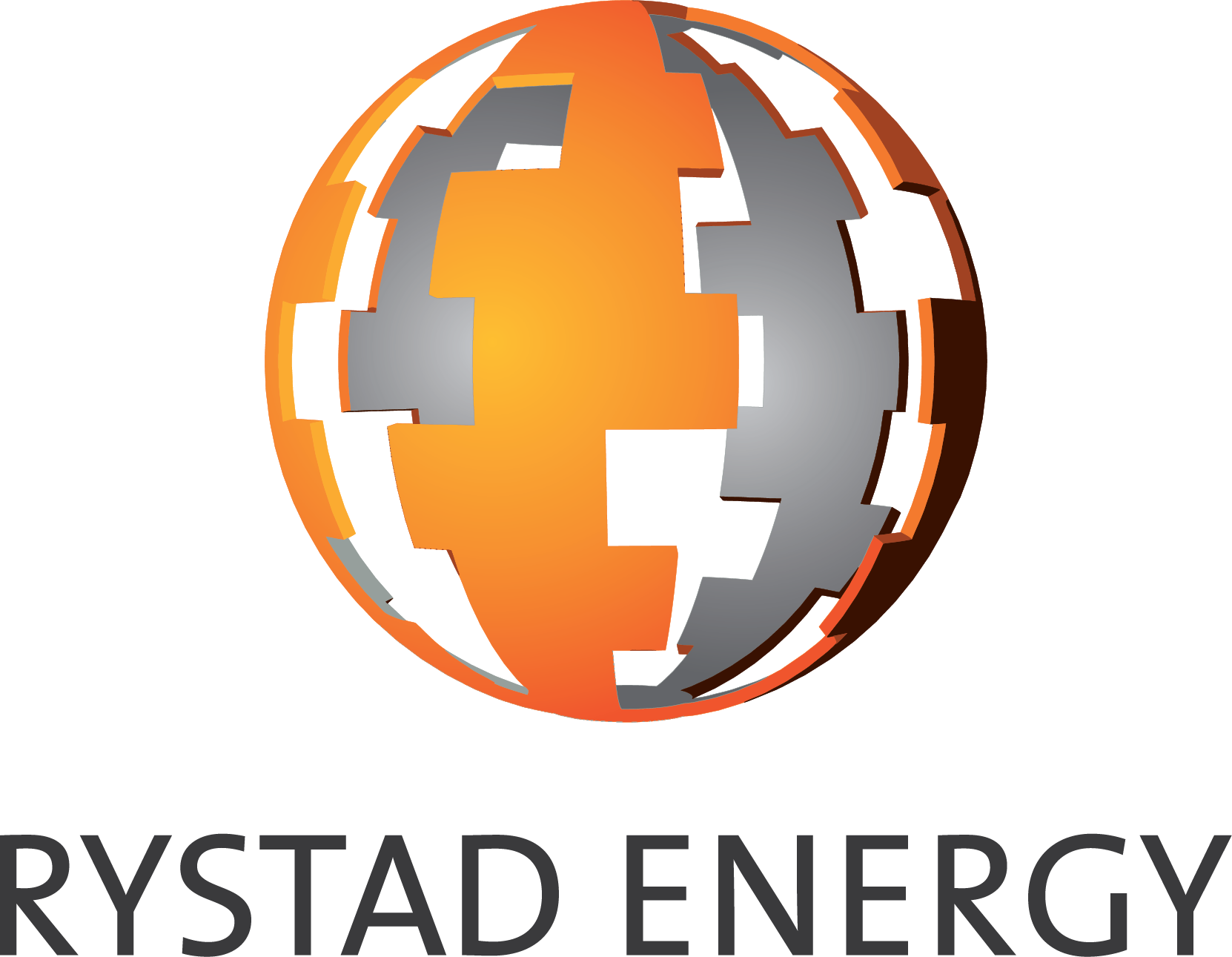BAKU, Azerbaijan, October 20. The International Maritime Organization (IMO) has postponed the adoption of its Net-Zero Framework (NZF) for another year, a move that introduces further uncertainty for the global shipping sector but also provides time for improvement, Trend reports.
According to new research by Rystad Energy, the delay could be an opportunity to close key gaps in the proposed mechanisms and make the framework more equitable and effective.
The study identified a major imbalance between clean-fuel availability and projected demand, constrained infrastructure, and structural issues in the carbon-trading system that could drive prices toward the Tier II penalty ceiling.
“Decarbonizing shipping is a complex challenge tied to the global energy transition,” said Junlin Yu, vice president of supply chain research at Rystad Energy. “Our findings suggest that practical constraints — including infrastructure readiness and energy system interconnections — may slow progress compared to current IMO expectations.”
Rystad Energy’s analysis projects that demand for emission offsets will exceed supply through 2035, potentially pushing compliance costs higher. While the IMO’s Net-Zero Fund could generate up to $79 billion by 2035, the research warns that early in the framework’s rollout, reward mechanisms may not sufficiently close the cost gap between conventional fuels and e-fuels.
The firm stresses that without careful design, the system risks becoming a “penalty collection mechanism” rather than a tool to drive innovation and investment in low-carbon shipping.
Rystad Energy urges the IMO to use the additional year to refine the NZF, ensuring it both incentivizes early adoption of clean technologies and supports a fair, sustainable transition for the maritime industry.







